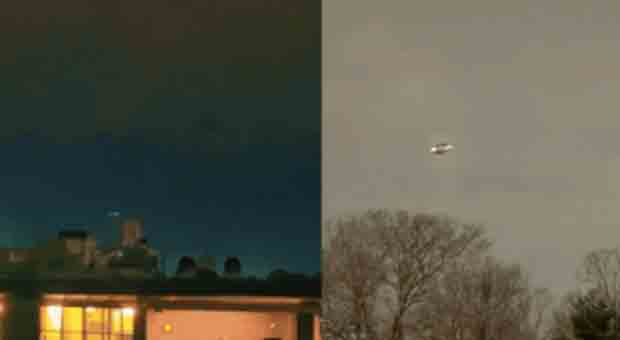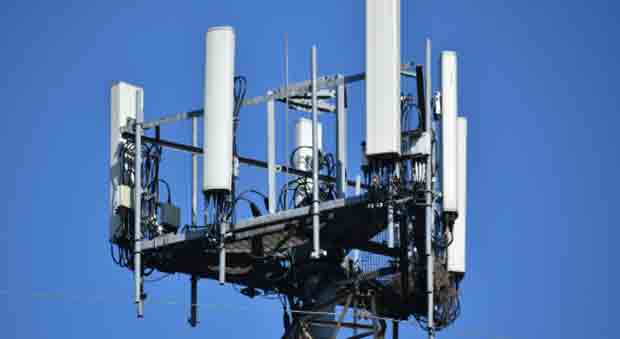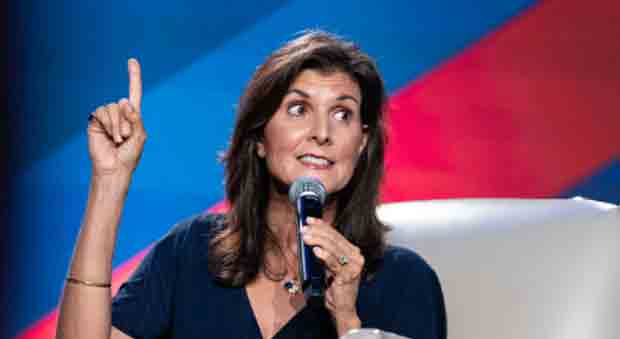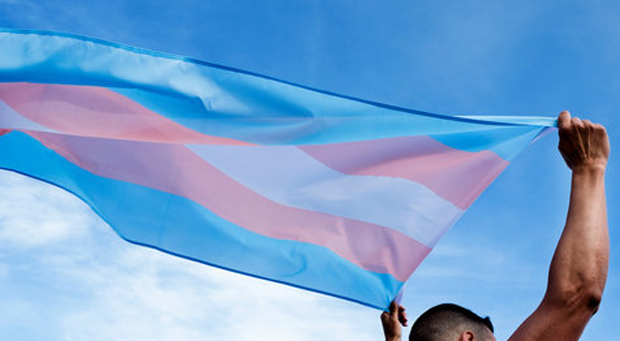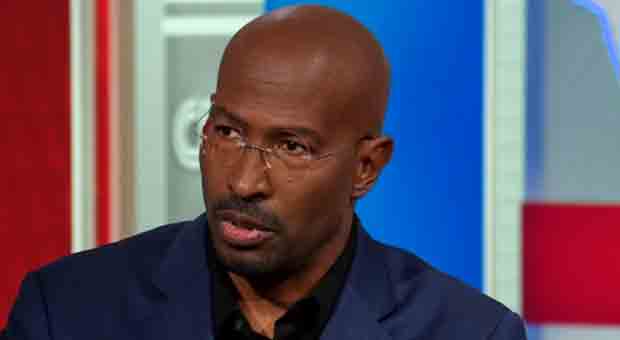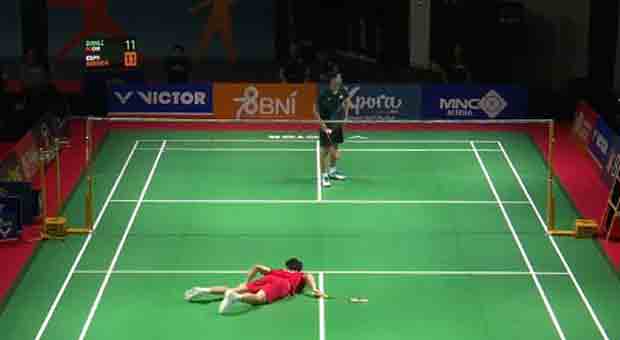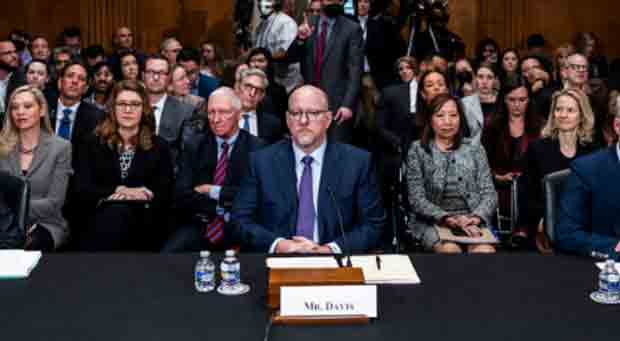Just days after President Donald Trump issued an executive order to begin the process of withdrawing the United States from the World Health Organization (WHO), a senior WHO leader turned to social media begging for donations.
Maria Van Kerkhove, a leading infectious disease expert and the WHO’s technical lead on COVID-19, posted a call for donations to the WHO Foundation on X Thursday morning.
As of Friday afternoon, the fundraiser had only managed to collect $23,000, nowhere near its $1 billion goal.
“Consider a donation to @WHO via the @WHOFoundation – One Dollar, One World #ProudToBeWHO,” Van Kerkhove wrote in her post, including a link to contribute.
Consider a donation to @WHO via the @WHOFoundation– One Dollar, One World#ProudToBeWHOhttps://t.co/tCKc41ef3M
— Maria Van Kerkhove (@mvankerkhove) January 23, 2025
The U.S. withdrawal is expected to leave a massive $706 million gap in the WHO’s budget for the 2024-2025 period, representing 18% of the organization’s total revenue.
Trump’s executive order triggered a year-long withdrawal process as outlined in the 1948 congressional resolution that established U.S. membership in the WHO.
WHO Director-General Tedros Adhanom Ghebreyesus informed staff on Thursday that the organization would need to implement stringent cost-cutting measures in response to the funding shortfall. These measures include a hiring freeze—except for critical positions—and halting capital investments.
Key WHO programs, such as those combating HIV, AIDS, other STIs, and tuberculosis, rely heavily on voluntary contributions from the United States.
For example, U.S. funding accounts for 75% of global voluntary contributions for HIV and AIDS programs and 61% for tuberculosis initiatives, according to internal WHO documents.
The executive order also mandates the recall of American personnel and contractors from WHO operations.
RELATED: WHO Demands Return of ‘Key Pandemic Restrictions’ as Big Pharma Elites Panic over Trump Presidency
However, international conventions require the U.S. to fulfill its financial obligations to the WHO for the fiscal year before completing the withdrawal process.
Legal experts note that while the Vienna Convention on the Law of Treaties obligates nations to settle outstanding financial commitments before withdrawing from treaties, enforcement mechanisms remain unclear.
The order criticizes the disproportionate financial burden placed on the United States compared to other member nations, particularly China.
While both the U.S. and China contribute similar amounts in mandatory assessed contributions—$264 million and $181 million, respectively, for the 2024-2025 period—China’s voluntary contributions pale in comparison. Prior to the withdrawal announcement, the U.S. was expected to provide $442 million in voluntary funding, while China planned to contribute just $2.5 million.
The U.S. had been scheduled to pay its $130 million assessed contribution for 2024 earlier this month, but the payment has not yet been made.
Although China has seen its assessed contributions increase alongside its growing economy, it remains classified as a developing country under United Nations criteria. Over the past decade, China’s assessed contributions have risen from $53 million to $181 million for the current budget cycle.
The executive order also highlights the WHO’s controversial handling of the COVID-19 pandemic and its perceived alignment with Chinese authorities.
During the early stages of the pandemic, WHO officials praised China’s strict lockdown measures, describing them as “the most ambitious, agile, and aggressive disease containment effort in history.”
In a subsequent mission to Wuhan in 2021 to investigate the origins of the pandemic, the WHO concluded that a lab-related origin was “extremely unlikely.”
Reports later revealed that this conclusion was included only after pressure from Chinese authorities.
The WHO has yet to receive comprehensive data from China necessary to fully determine the origins of the virus.
In a January 16 article in Science, Van Kerkhove reiterated that the WHO has repeatedly requested critical data from China, including details about early COVID-19 cases, animals sold at Wuhan markets, and laboratory research involving coronaviruses.
However, this information has not been provided. Despite the data gaps, Van Kerkhove emphasized the importance of avoiding blame and focusing on collaboration.
RELATED: RFK Jr: WHO Officials Are Going to Prison For Crimes Against Humanity




